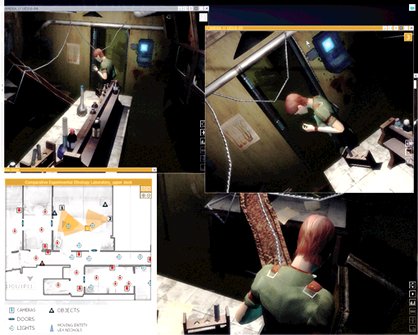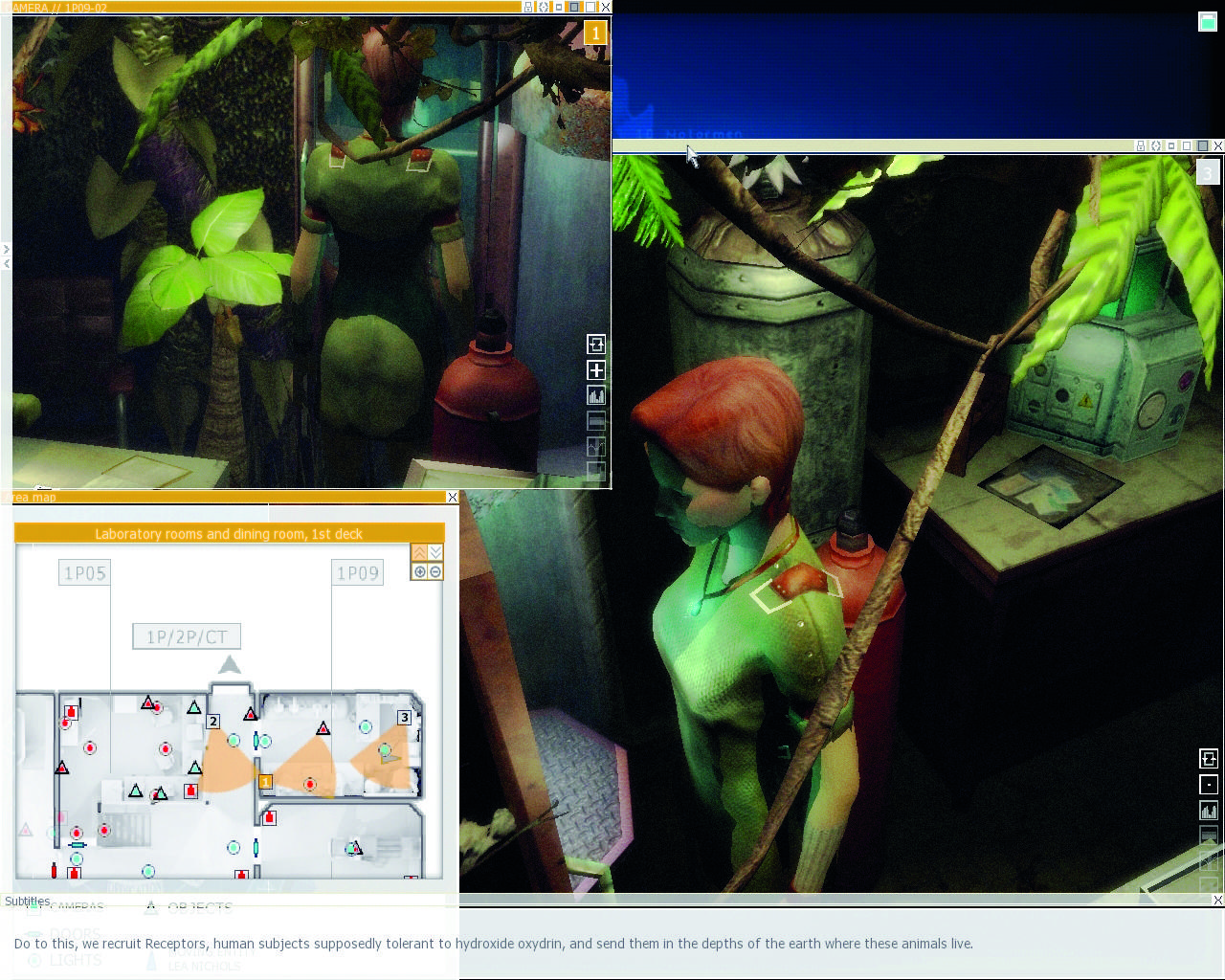Why you can trust GamesRadar+
We wish developer Introversion had made it instead. The actual developers, Lexis Numerique, were responsible for 2003’s remarkable but somewhat flawed In Memoriam. This time they set their ambitions higher, and missed by a wider margin. First and foremost, the interface is a terrible clutter. Even at the highest resolution, the windows are all far too large, can’t be resized (but for the camera screens, which fight back) and waste vast amounts of desktop. Since these are your windows into the game, they need to be perfect. Then there’s the voice acting. Nichols speaks as if she’s a robot in an instructional video, barking “Waiting!” if you take too long to instruct her. She’s impossible to empathise with, which severely breaks down your engagement with the game - an essential element.

The direction is weak, even lacking at times. For example, the ship is enormous, and you’re allowed to wander off into vast stretches of space that have nothing to do with your current objectives. There’s not enough indication of where you should be, and with so much disengagement from the world, this becomes very alienating.
The concept is brilliant. The story flops between cliche and downright weird. And the execution is deeply wonky. As a novelty, it’s intriguing. Anyone interested in gaming esoterica should get hold of a copy. But be warned - it’s far from perfect.
Mar 27, 2008
More info
| Genre | Adventure |
| Description | It was a nice idea, if only this experiment in gameplay was as brilliant in actual practice. |
| Platform | "PC" |
| US censor rating | "Teen" |
| UK censor rating | "" |
| Release date | 1 January 1970 (US), 1 January 1970 (UK) |



